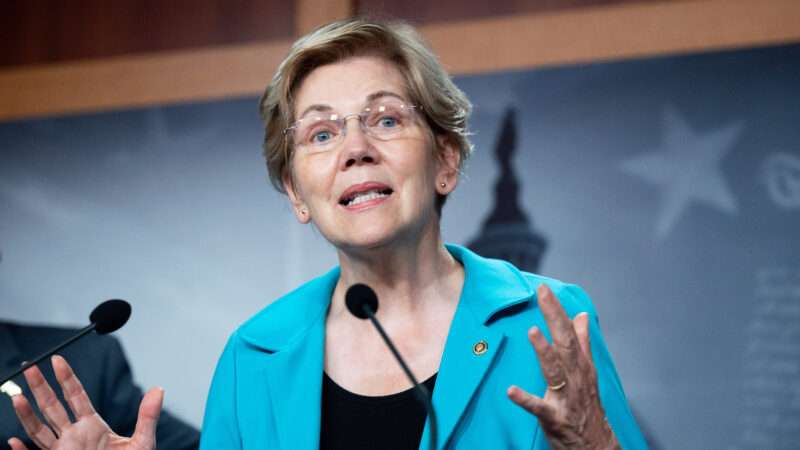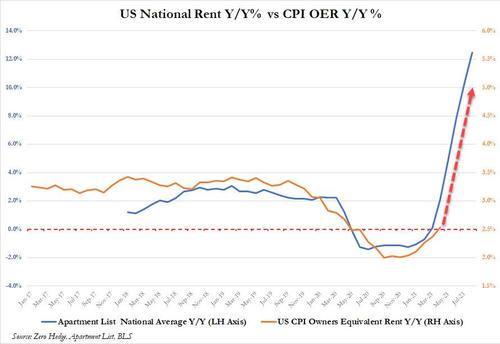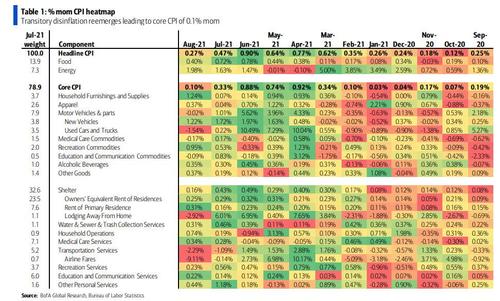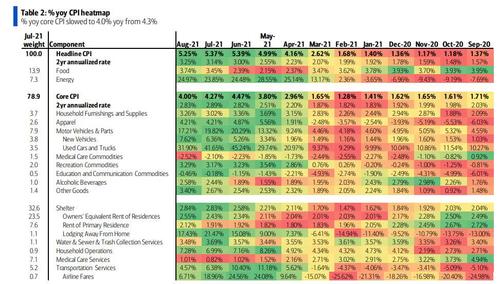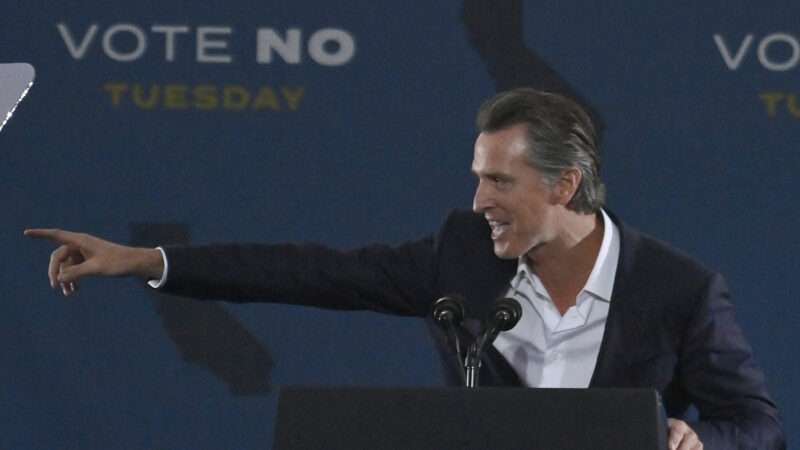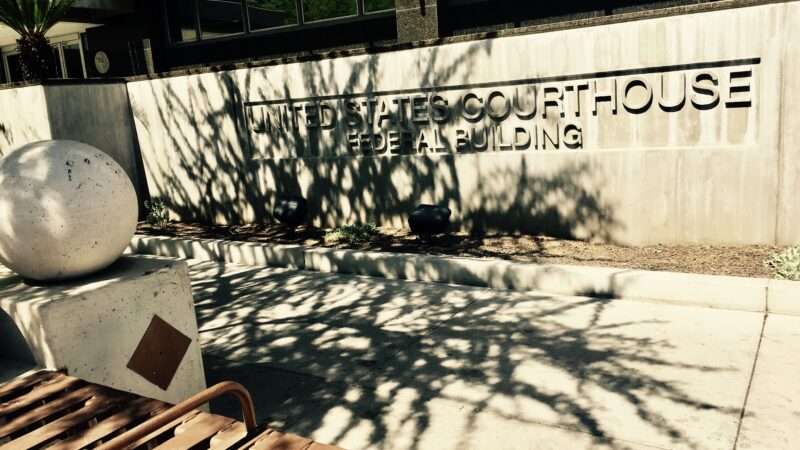
On Monday, jurors in a trial concerning whether former Backpage executives knowingly facilitated prostitution heard hours of biased testimony from an “expert” witness who has worked closely with law enforcement for decades. Again and again, Sharon Cooper—a self-described “developmental and forensic pediatrician” and a witness for the prosecution—conflated all sex work with sex trafficking and waxed on at length about child sexual exploitation, despite none of the defendants being indicted for trafficking or child-related crimes. (For a play-by-play of her testimony, check out this Twitter thread.)
Presented as an expert on online ads for commercial sex, Cooper made a bevy of dubious claims about the language in such ads, describing all sorts of terms used by adult sex workers as evidence of sexual victimization and child sex trafficking. For instance, Cooper suggested that the phrase “100% independent”—used by escorts to denote that they’re not affiliated with an agency—was language meant to trick “buyers” into thinking they weren’t patronizing trafficking victims. At another point, Cooper claimed “wifey” means “a female who is under the control of a male trafficker.”
Meanwhile, the prosecution plied Cooper with question after question of uncertain relevance to the case at hand, in which six defendants are charged with facilitating prostitution in violation of the federal Travel Act and conspiracy and money laundering related to this alleged facilitation. Many were sustained, and many were overruled—but only after jurors heard intimation after intimation about child sex trafficking.
The "expert" witness in the kangaroo trial in Phoenix against the https://t.co/PsqnnYbLeM owners is Sharon Cooper, seen below three years ago giving a smiling presentation to… NCOSE.
One of her slides illustrated the concept of "Prostitution" with a still from "Pretty Woman": pic.twitter.com/zbhvndMYxj
— Gustavo Turner (@GustavoTurnerX) September 13, 2021
Toward the end of her testimony, Cooper—also a purveyor of dubious and disproven “science” about pornography—admitted that she doesn’t personally distinguish between consensual sex work and activities involving force, coercion, and minors.
“I don’t refer to it as sex work, I refer to it as sexual exploitation,” Cooper said when asked a question about sex work by one of the defense lawyers.
Once again, defense lawyers wound up asking U.S. District Judge Susan Brnovich to declare a mistrial, citing biased testimony from Cooper and others since witness testimony began last Wednesday. (Defense lawyers also asked for a mistrial after opening statements from federal prosecutor Reggie Jones. This was denied last week, as was the defense’s suggestion that Jones’ accusations had opened the door to allowing the introduction of prosecutor memos—published by Reason—which are not allowed to be brought up at trial.)
“This case has gotten dramatically off the rails,” one lawyer for the defense told Judge Brnovich in a conference while jurors were out of the room on Monday.
“We’ve got all these broad-based statements about prostitution and trafficking—and trafficking, of course, is as inflammatory as all get out,” he said. “I just don’t understand how this jury is every going to evaluate whether these guys had specific intent on any of the counts or things charged in the indictment, when they’re day after day after day just hearing ‘Backpage had prostitution, Backpage had child trafficking,’ from people who don’t identify the particulars and/or tie it to any defendant.”
Brnovich said she could “envision from the evidence already seen” where the government might get to that, so it was “way too early” to make that argument about the prosecution’s case as a whole. But Brnovich said she was considering “the argument about the prejudicial value of the testimony that’s been given so far.”
Last week, jurors heard testimony from a mother-daughter duo about how the girl appeared in Backpage ads—some posted by herself, others by a series of exploitative pimps—when she was 15 and 16 years old and a runaway from home. The girl admitted she had to say she was an adult to post the ads. She also said she was arrested by police in a prostitution sting, told the cops that she was 18, and was let go. After another sting, however, the girl was determined to be underage and returned to her family. One of the adults who exploited her was convicted. None of the ads or actions involved in these incidents are part of the current indictment against Backpage defendants.
Jurors last week and yesterday also heard from Special Agent Brian Fichtner of the California Department of Justice. Fichtner had helped Kamala Harris, then–attorney general of California, bring twice-dismissed charges against Backpage founders Michael Lacey and James Larkin (two of the defendants currently on trial) and former CEO Carl Ferrer back in 2016.
On Monday, defense lawyer Joy Bertrand said that testimony so far had made clear that the government was “going to run up to that line and step over that line every time they can to get in children, children, children.…This is their focus. And they’ve been told repeatedly by this court to knock it off, and they just keep doing it.”
Prosecutor Reggie Jones countered by arguing that “sex trafficking is a subset of prostitution” and thus the testimony so far was relevant to the facilitating prostitution charge. “The government does not believe it is beating a dead horse, we are simply bringing in relevant evidence,” he said. “We do not believe the defendants have been prejudiced against.”
Brnovich told Jones she did “have concerns that the government has crossed that line several times, even after at sidebar I warned you not to do it,” and that there was “some validity to the argument that the cumulative effect” of all the child sex trafficking references would bias the jury. Brnovich added that she had concerns “that the testimony elicited from the victims went beyond what it should have” and that Cooper’s testimony “went well beyond what we had talked about prior to her testifying.”
Brnovich said she would take a look at transcripts from testimony and offer a decision on Tuesday morning about the defense’s concerns.
from Latest – Reason.com https://ift.tt/3CaCZRn
via IFTTT
